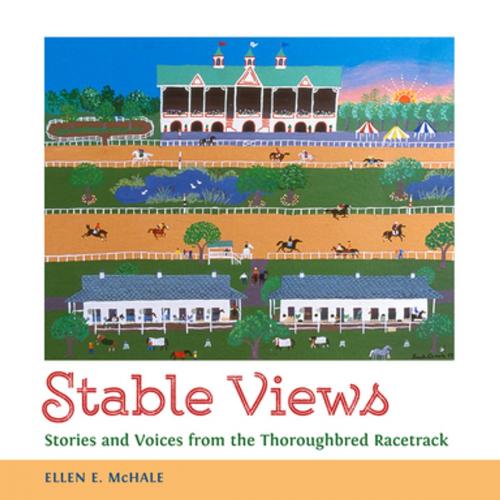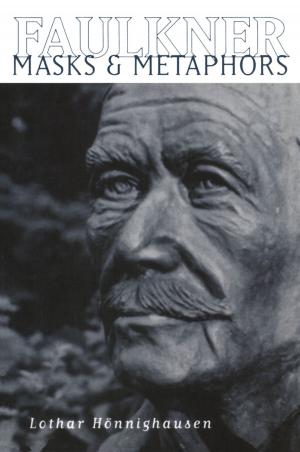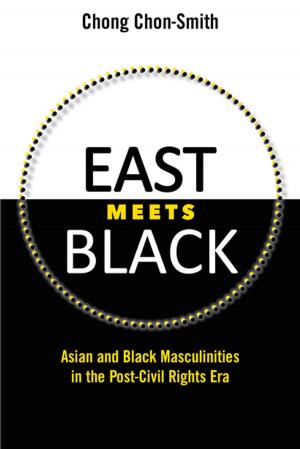Stable Views
Stories and Voices from the Thoroughbred Racetrack
Nonfiction, Sports, Horse Sports, Horse Racing, Social & Cultural Studies, Social Science, Folklore & Mythology, Art & Architecture, Photography| Author: | Ellen E. McHale | ISBN: | 9781496803696 |
| Publisher: | University Press of Mississippi | Publication: | October 20, 2015 |
| Imprint: | University Press of Mississippi | Language: | English |
| Author: | Ellen E. McHale |
| ISBN: | 9781496803696 |
| Publisher: | University Press of Mississippi |
| Publication: | October 20, 2015 |
| Imprint: | University Press of Mississippi |
| Language: | English |
Stable Views offers an inside look at the thoroughbred racing industry through the words and perspectives of those who labor within its stables. In more than fourteen years of field research, Ellen E. McHale has traveled throughout the Eastern Seaboard, Kentucky, and Louisiana to gather oral narratives from those most intimately involved with racing: the stable workers, exercise riders, and horse trainers who form the backbone of the industry. She interviewed workers at Saratoga, Belmont, Tampa Bay Downs, Keeneland, the Evangeline Training Center in Louisiana, and the Palm Meadows Training Center in Florida.
Workers within all sectors of the thoroughbred world have long histories of involvement in the racing industry, with many individuals shifting occupational roles throughout their lifetimes. The thoroughbred racetrack operates as a multicultural workplace that relies upon apprenticeship and mentoring. Many workers speak to the history, the joys, the hardships, and the miracles of horse racing along with the changes that they have experienced through their long careers. Included in the book are discussions about luck, the occupational language of the racetrack, race and gender, and recent changes in the industry, all in the words and voices of the stable workers.
Stable Views offers an inside look at the thoroughbred racing industry through the words and perspectives of those who labor within its stables. In more than fourteen years of field research, Ellen E. McHale has traveled throughout the Eastern Seaboard, Kentucky, and Louisiana to gather oral narratives from those most intimately involved with racing: the stable workers, exercise riders, and horse trainers who form the backbone of the industry. She interviewed workers at Saratoga, Belmont, Tampa Bay Downs, Keeneland, the Evangeline Training Center in Louisiana, and the Palm Meadows Training Center in Florida.
Workers within all sectors of the thoroughbred world have long histories of involvement in the racing industry, with many individuals shifting occupational roles throughout their lifetimes. The thoroughbred racetrack operates as a multicultural workplace that relies upon apprenticeship and mentoring. Many workers speak to the history, the joys, the hardships, and the miracles of horse racing along with the changes that they have experienced through their long careers. Included in the book are discussions about luck, the occupational language of the racetrack, race and gender, and recent changes in the industry, all in the words and voices of the stable workers.















